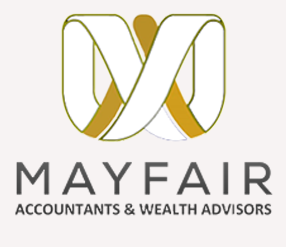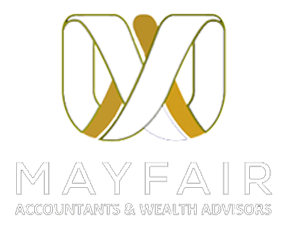HM Revenue & Customs (HMRC) sends a notice to everyone in Self-Assessment system on the month of April each year. If you have received such notice, submit a Self Assessment Tax Return (SATR) on time and correctly for avoiding penalties.
If you are submitting paper returns, then it needs to be submitted to HMRC by 31 October. However, if you choose to submit tax returns online, it must be done by 31 January.
Many errors made on Self-Assessment tax return can cause HMRC to track you down. So, take a look at the list of some common errors made by many people and make sure you are aware about them and avoid such mistakes.
1. Signature
Many people forget signing their tax returns and send it to HMRC. Don’t make such silly mistake and sign the paper return before you send it. Remember, a photocopy will not meet your requirements.
2. National Insurance number and Incorrect Unique Taxpayer Reference (UTR)
National Insurance number and Unique Taxpayer Reference are very important and should always be correct. The UTR is a unique ten digit reference number. This number is available in any letters/mail you receive from HMRC.
3. Writing things like: ‘info to follow’ or ‘as per accounts’ instead of writing required figures
HMRC do not acknowledge such information. That is why you always only need to include all the required information.
4. Not including supplementary pages
When additional income is not covered by the main Tax Return, supplementary pages should be included. They are as follows:
• Interest from gilt edged and other UK securities, deeply discounted securities and accrued income profits
• Life insurance gains
• Stock dividends, non-qualifying distributions or close company loans written-off
• post cessation receipts
• Income from share schemes
• lump sums or compensation payments from your employer, or foreign earnings not taxable in the UK
• Taxable lump sums from overseas pension schemes
• Certain employment deductions
• A claim to age related Married Couple’s Allowance
• Other tax reliefs not found in the main part of your tax return
• Loss relief claims
• Income from property
5. Wrong amounts
To pay the right amount of tax, you need to always double check any calculations. If you deliberately try to do miscalculation to pay less tax, then it can also lead to prosecution.
6. Not declaring all income/Capital Gains
Failing to declare the relevant income and Capital Gains can charge you with heavy penalties. If you go for deliberate errors, you must know prosecution will be on its way. Incomes such as income from employment, pension income, property income, foreign income, and employee share schemes, dividends from savings and investments, benefits including maternity/paternity pay, statutory sick pay, job seekers allowance and capital gains must be declared to HMRC.
Likewise, the Tax Return income such as the following must be excluded:
• Interest/ dividends/ bonuses received from tax exempt investments and Save As You Earn schemes
• Premium Bond, National Lottery and prize winnings from gambling
• Interest awarded by a UK court for personal injury or death
7. Claiming expenses that can’t be claimed
As there are complex rules governing the deductibility of expenses, you also need to remember that there are heavy penalties in case you go for incorrect claims.
8. Ticking wrong boxes
To tick on the right boxes, make sure to use the guide HMRC includes with your Tax Return.
Improper record-keeping
Keeping records in a right format is a must for completing your SATR.
• P60, P45 and P11D
• Expense records
• Benefits including maternity/paternity pay, statutory sick pay, job seekers allowance
• Pension records
• Bank statements
• Property income
• Foreign income including evidence of tax already paid abroad
• Capital gains
• Employee share schemes
• Student loan payments
9. Not using right format for self-employed records
The records for the self-employed include:
• Cash books
• Invoices
• Mileage records
• Receipts
• Bank statements
• Records of all sales, purchases and expenses
• Money taken out of business for personal use and personal money used in business (if any)
If you are extra cautious, these mistakes can be easily avoided. Hence, you need to remember all of them.
For completing and submitting your Self-Assessment Tax Return, hiring a tax accountant is highly recommended for you. A tax accountant has specialist knowledge to deal with all your tax affairs properly in a legal way.



